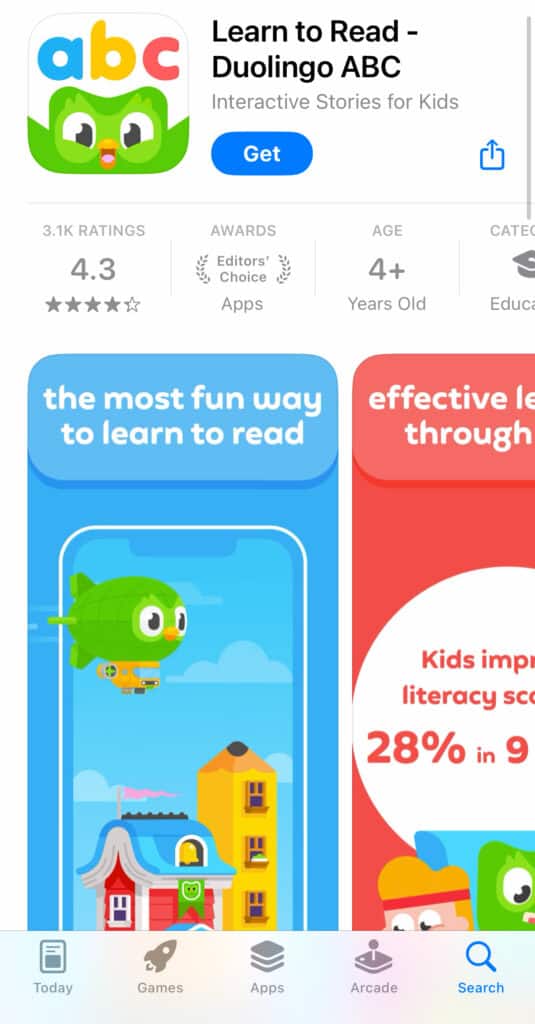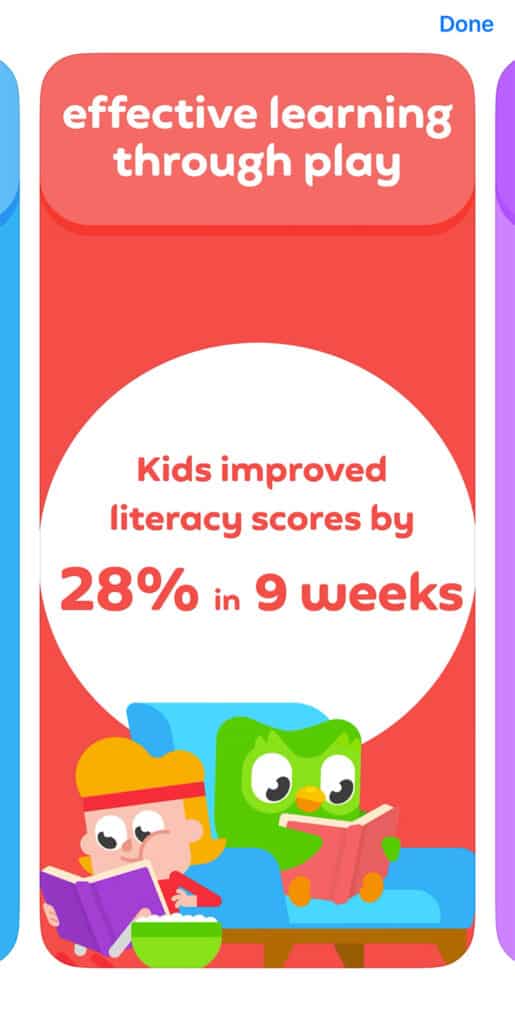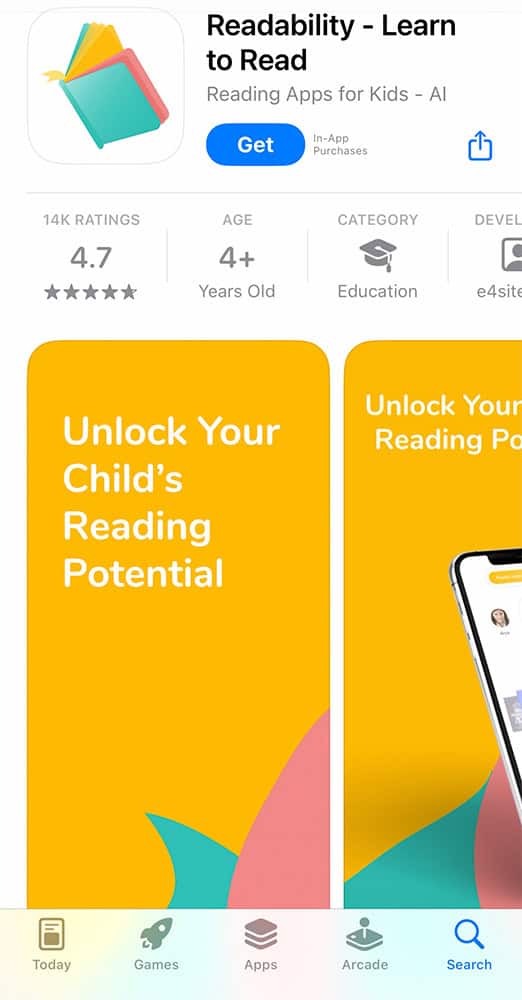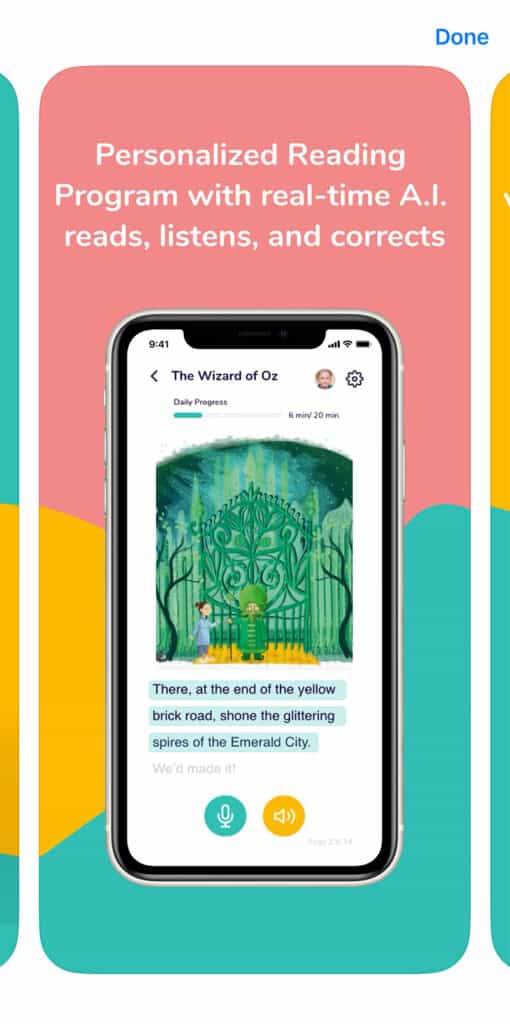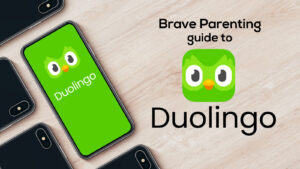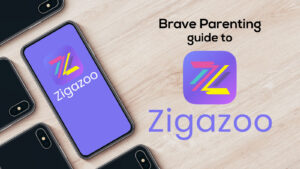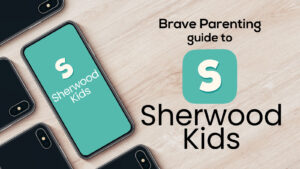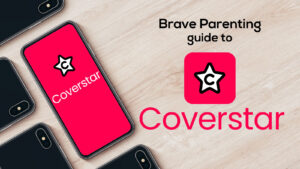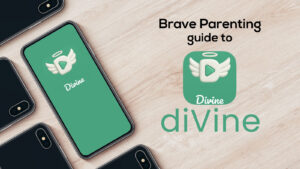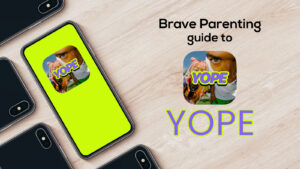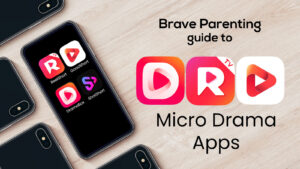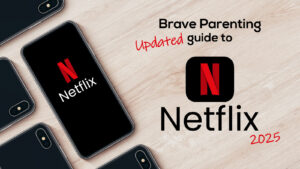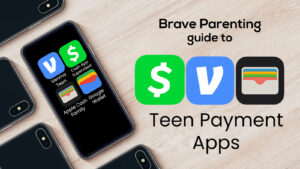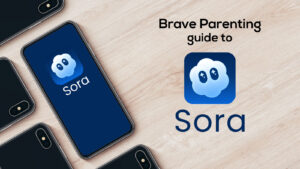Does everything have to be *fun* for kids to want to learn? What is lost when learning to read is just another game on a screen?
Open up the App Store or Google Play and search for reading apps. Scroll through and you’ll see flashy promises from AI-powered reading apps like Readability and Duolingo’s ABC Learn to Read claiming they can revolutionize your child’s literacy.
“Real-time feedback!”
“See your child improve accuracy, fluency, and comprehension.”
“The most fun way to learn!”
“Personalized learning!”
But if you examine closer, you’ll notice something troubling. These apps do not just offer reading support for busy or struggling parents. They have a progressive agenda promoting the idea that parents and paper books are outdated, that kids need technology more than they need parents, and that screen time is the new storytime.
Let’s be clear: This is not technological innovation. This is propaganda, wearing the mask of literacy support but reeking of convenience, the attention economy, tech optimism, and an undermining of the family.
We at Brave Parenting have serious concerns about AI-powered apps such as Readability and their deceptive language and promises. Their lies are subtle and sweet. They feel good in the moment, but have lasting consequences.
Lie #1: The Real Problem With Reading is Lack of Parents’ Expertise
National reading scores have indeed been dropping for the last several decades. Rightfully, parents are concerned about their children’s literacy. Apps like Readability prey on that fear and set themselves up as the solution you always dreamed of. In a Readability blog post, they state, “You don’t need to be the reading expert” because the app will do that work for you. Using Artificial Intelligence, they promise parents to provide real-time and adaptive feedback to be the “on-demand tutor” they need. The implication is that human help found in teachers, tutors, and especially parents, is too slow, inconsistent, or outdated.
The real literacy crisis has less to do with access to books or reliable teaching methods. The problem is a lack of time to read (overscheduled kids), attention to read (lack of focus due to other media), and relational presence (lack of anyone reading to them). Kids do not need more online content, variable rewards, or chatbot platitudes. They need someone to sit beside them, read aloud, explain, imagine, and discuss stories.
They promote the idea that literacy is just one more skill to be hacked by AI. But it is not. God revealed himself to people in every generation within the written word of Scripture. Reading is more than a skill; it is a building block of relationships, character development, worldview, and critical thinking.
Lie #2: Parents, You Are Too Busy To Do This
“Even if you aren’t present during the reading session,” Readability explains in a blog post, “our AI-powered speech recognition allows students to receive help in real time, read aloud to build fluency, and gain confidence with immediate feedback.” While this sounds supportive, convenient, and like an easy win for childhood literacy, underlying this is their effort to dismantle the role of parents in the child’s education. This has been going on in the public school system for decades. Now it’s on your child’s device.
Much of big EduTech asserts: Your child doesn’t need you; they have us.
Buried within Readability’s FAQ page, they say, “We know that reading to another person is still the best way for children to gain motivation, confidence, and develop an enjoyment of reading. Unfortunately, adult help is not always readily available, but the Readability app is!”
Sadly, parents continue to fall victim to this deception and feel thankful for apps that render them unnecessary. Although this may feel like parental empowerment, it is actually outsourcing your God-given role of training and instructing in the knowledge of the Lord. You might not have to teach your child to read, but the downstream consequence is lost authority and relationship during adolescence.
Despite what modern cultural opinions and technological reproductive advances make us think about the true necessity of a Mom and Dad, the Word of God is clear that mothers and fathers are to have an active role in the child’s life, teaching and discipling their children.
You cannot be outsourced to a screen.
Lie #3: We Make Reading Fun
We all know that reading is not fun when first learning. It is arduous and time-consuming for the student and the parent/teacher.
Apps like Duolingo’s ABC Learn to Read and Readability promise to fix this problem by making it “the most fun way to learn to read.” They achieve this by adding badges, streaks, avatars, and prizes, making it feel more like a game than learning. This “gamification” is celebrated as innovative and touted as a guaranteed way to keep kids engaged or make them love reading.
The Readability blog brags, “When reading feels like a game instead of a chore, everything changes.”
Let’s talk about what really changes: your child’s brain reward system. Reading becomes associated with stimulation, achievement, and external approval. They don’t learn to love reading; they learn to love the reward.
This is not literacy – it is behavior modification that teaches that everything hard in life must be turned into a game (or handed over to AI because it is not susceptible to human frailties like impatience). This business model is repeated in apps of every kind – even Bible reading apps have streaks and rewards. It’s repeated because it works.
But here is the truth: there is no gamified reward system more powerful than a child knowing they are worth their parents’ time.
Lie #4: You Deserve Ease and Convenience
Parenting is often (and truthfully) described as inconvenient. At the same time, teaching in the classroom isn’t a walk in the park, either. Marketing propaganda appeals to these very vices, offering ease and convenience to every parent and teacher. Parents don’t have time, and teachers are stretched thin with overcrowded classrooms—let us help!
“With 24/7 access, AI-driven feedback, and hands-on, bite-sized lessons,” learning to read becomes the easiest thing in the world. So they say. We must be discerning, critical thinkers!
All convenience comes at a cost. Outsourcing such an important and intimate training time can be devastating to the parent-child relationship. You may save time now, but you risk your child developing an unhealthy attachment to the device rather than a secure attachment to you.
Reading with a 5-year-old is not efficient. It takes time, patience, and repetition. But it is in that struggle that children begin to learn what it means to be human, to do hard things with the support and encouragement of others. No app or AI-powered machine can replace this experience.
Lie #5: The Government + AI = A Win for Children’s Literacy
Readability’s FAQ web page asks: What research validates the Readability program?
Their answer states that they follow the model set forth by the National Reading Panel, a U.S. Congress-commissioned group tasked with identifying the most effective, evidence-based methods for teaching children to read. They determined the “Five Pillars” of reading, which went on to be the foundation of many literacy programs. While this report was a helpful correction to reading instruction, the research it’s based on predates the internet, touch screen technology, and artificial intelligence.
When they claim to align with the National Reading Panel and “The Science of Reading,” they refer to the principles (fluency, vocabulary, comprehension), not the medium. The National Reading Panel evaluated traditional, teacher-led, book-based instruction, not gamified apps or voice-activated AI feedback.
The “science” of reading has not changed, but they have changed the delivery method so significantly that it undermines the principles it’s based on.
Once again, tech optimism drives what can be done without asking if it should be done. Can we supplant teachers and parents with AI? Yes, we now know we can – but should we?
Conclusion: Live Not By Lies
Advancing technologies require all parents, especially Christians, to pause and ask, “Just because we can, does it mean we should?”
The lies are subtle but sweet. Parents want to believe that technology has hacked parenting and made it easier—easier to entertain and easier to train.
However, anything that displaces the parent-child relationship must be questioned. A quick litmus test can be done by asking, “Has this task/activity/instruction/training (in this case: reading) been accomplished by or through a parent in the past?” If so, the parent is displaced by technology, which shifts authority from the parent to the technology.
For example, consider the activities that displace human conversation, such as a smart speaker or a chatbot on an app. The bot providing the information becomes the authority in the child’s eyes. Why would they go to a parent when Alexa or Gemini replies instantly, patiently, kindly, and thoroughly?
Authority matters tremendously because of its source. Christian parents derive their authority from the revealed Word of God in Scripture. Technology, specifically the AI-powered technology, derives its power from man and machine.
God made man in His own image (Gen 1:27). Man made machine in his God-given intelligence. To derive authority from that which man has made is idolatry.
And when this displacement of authority occurs at around age five, when learning to read, a constant battle between the screen and the parent is imminent.
The prophet Isaiah warned about deceived hearts that easily fall into idolatry in 44:19-20. He describes this person as incapable of even asking, “Is there not a lie in my right hand?”
Before you consider adding a reading app to a device for your child to engage with, pause and truly consider, “Is there not a lie in my right hand?” Neither screens nor AI technology are needed to teach children to read. All that is needed is a loving parent or caregiver, books, and a passion for learning that can be shared.


